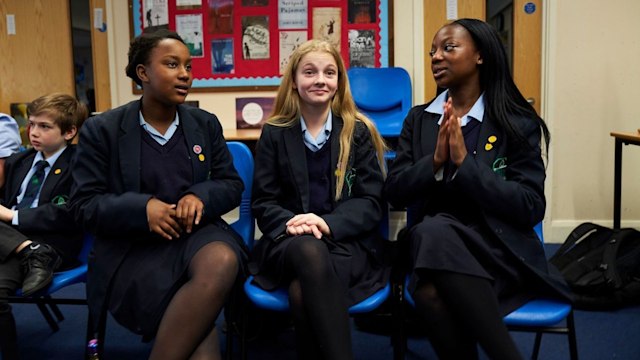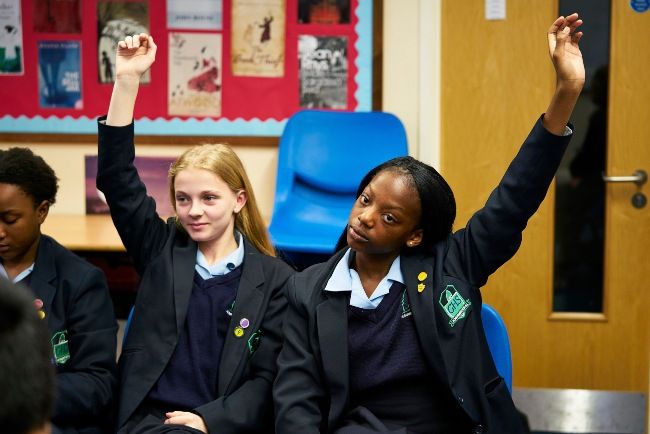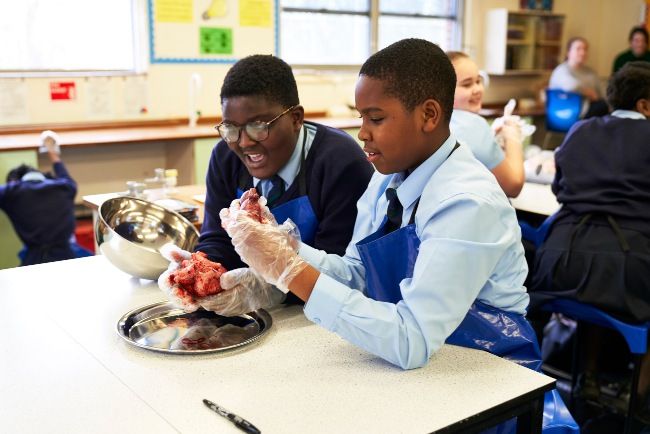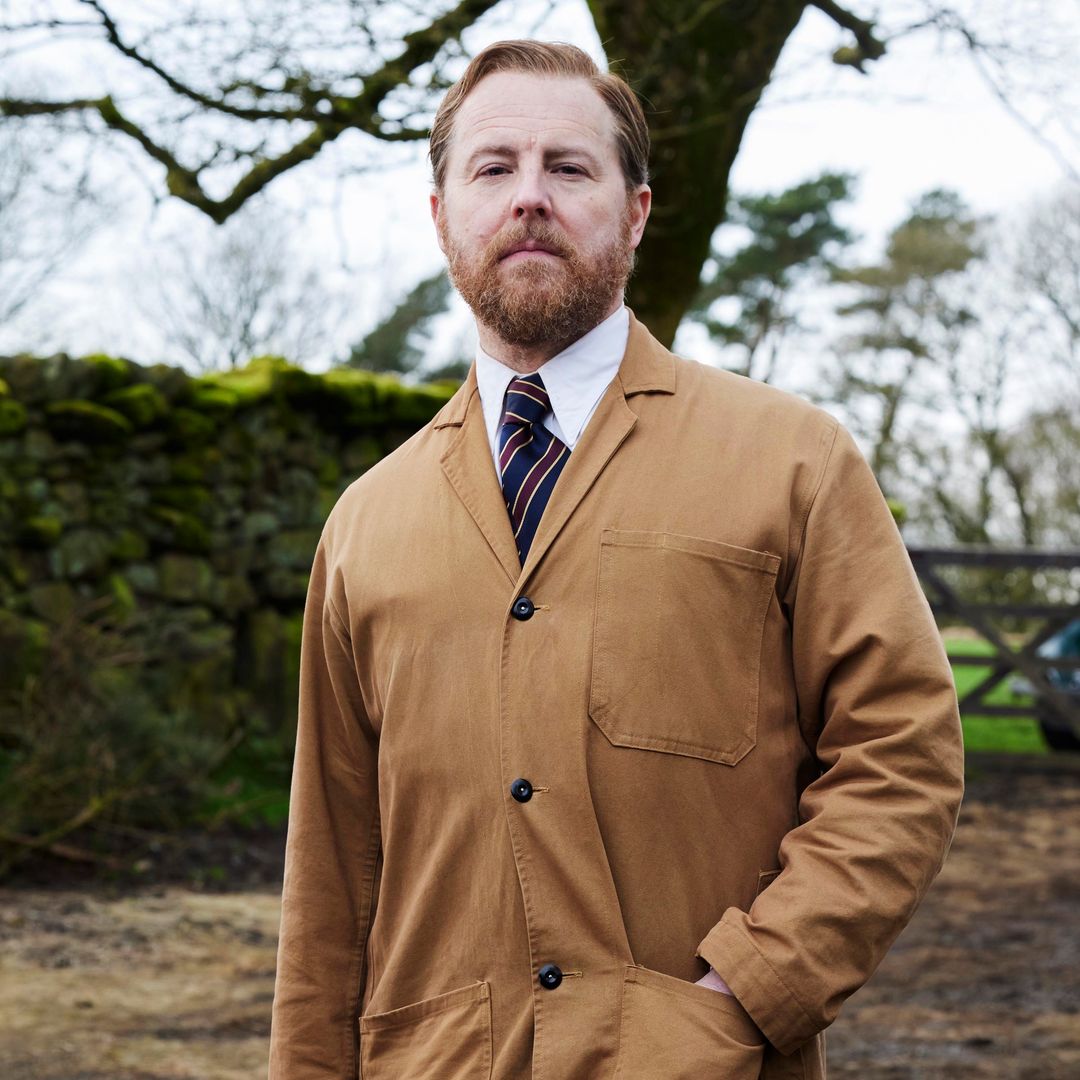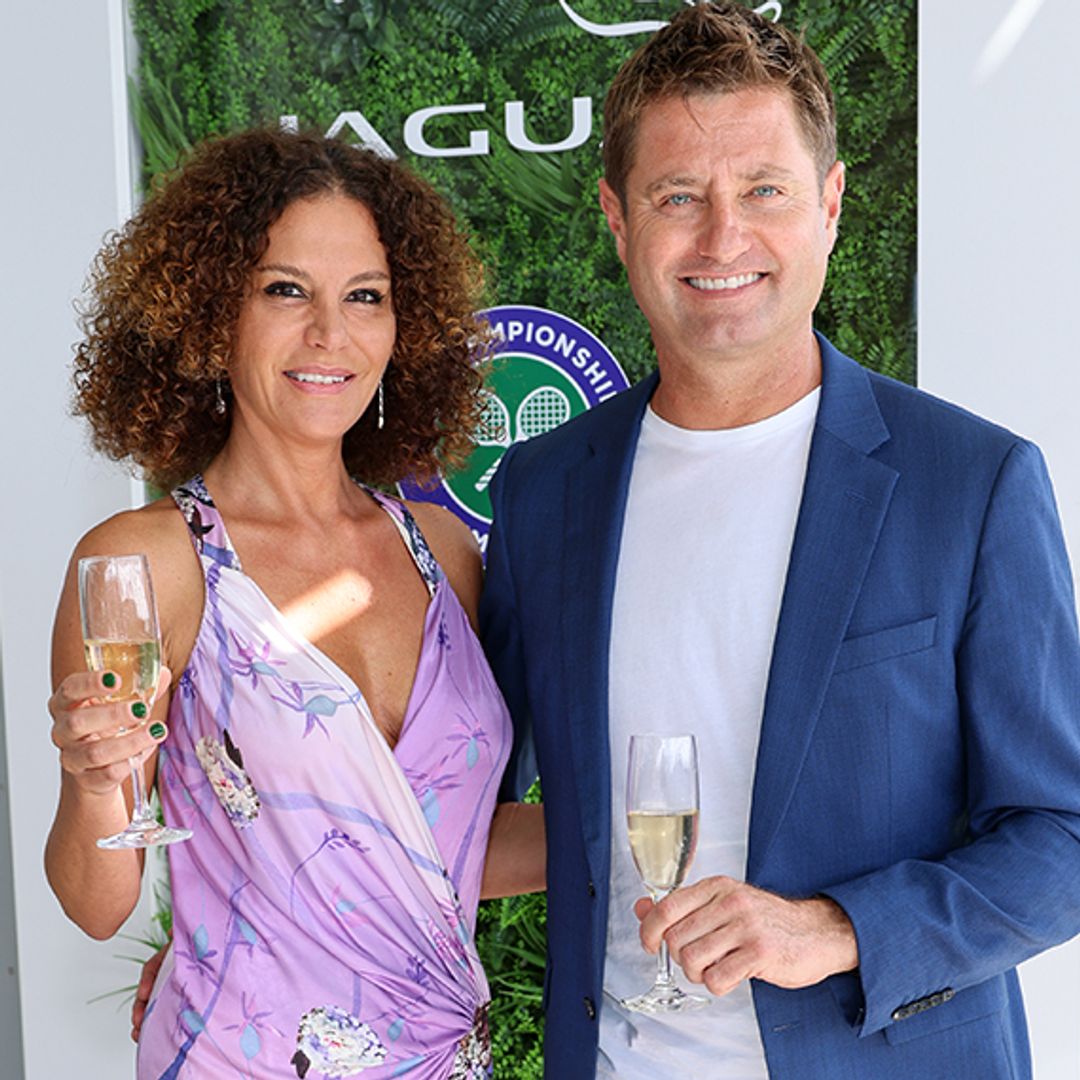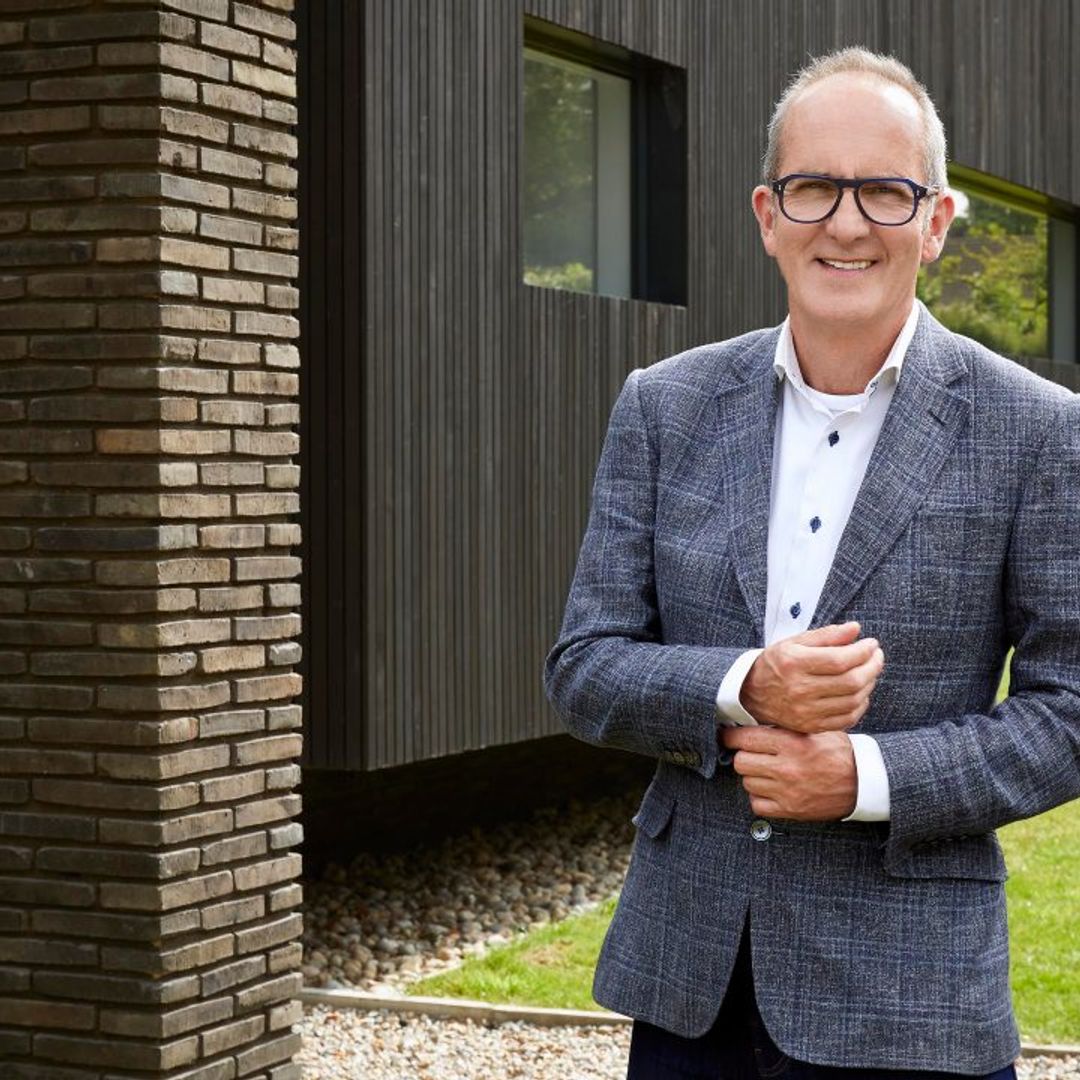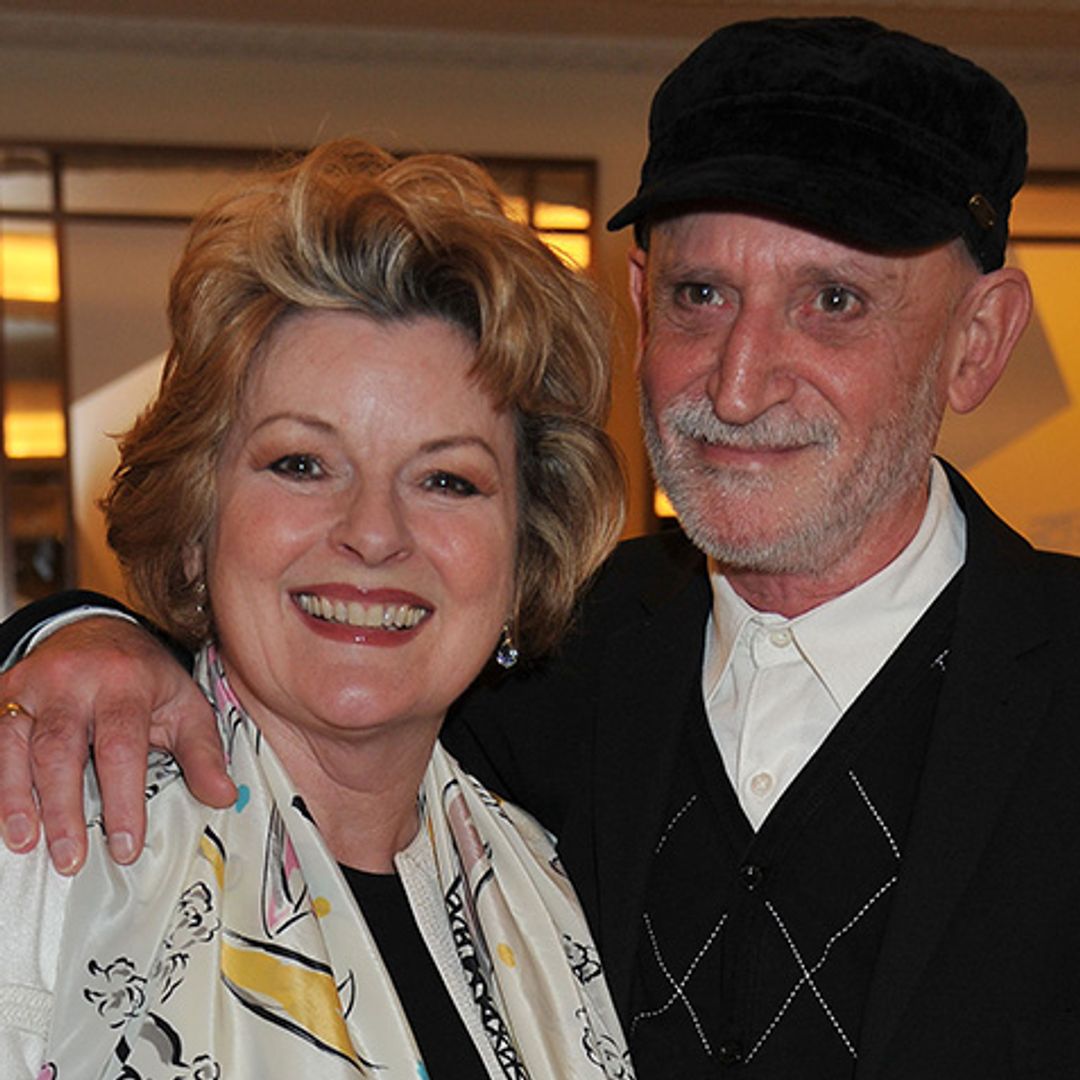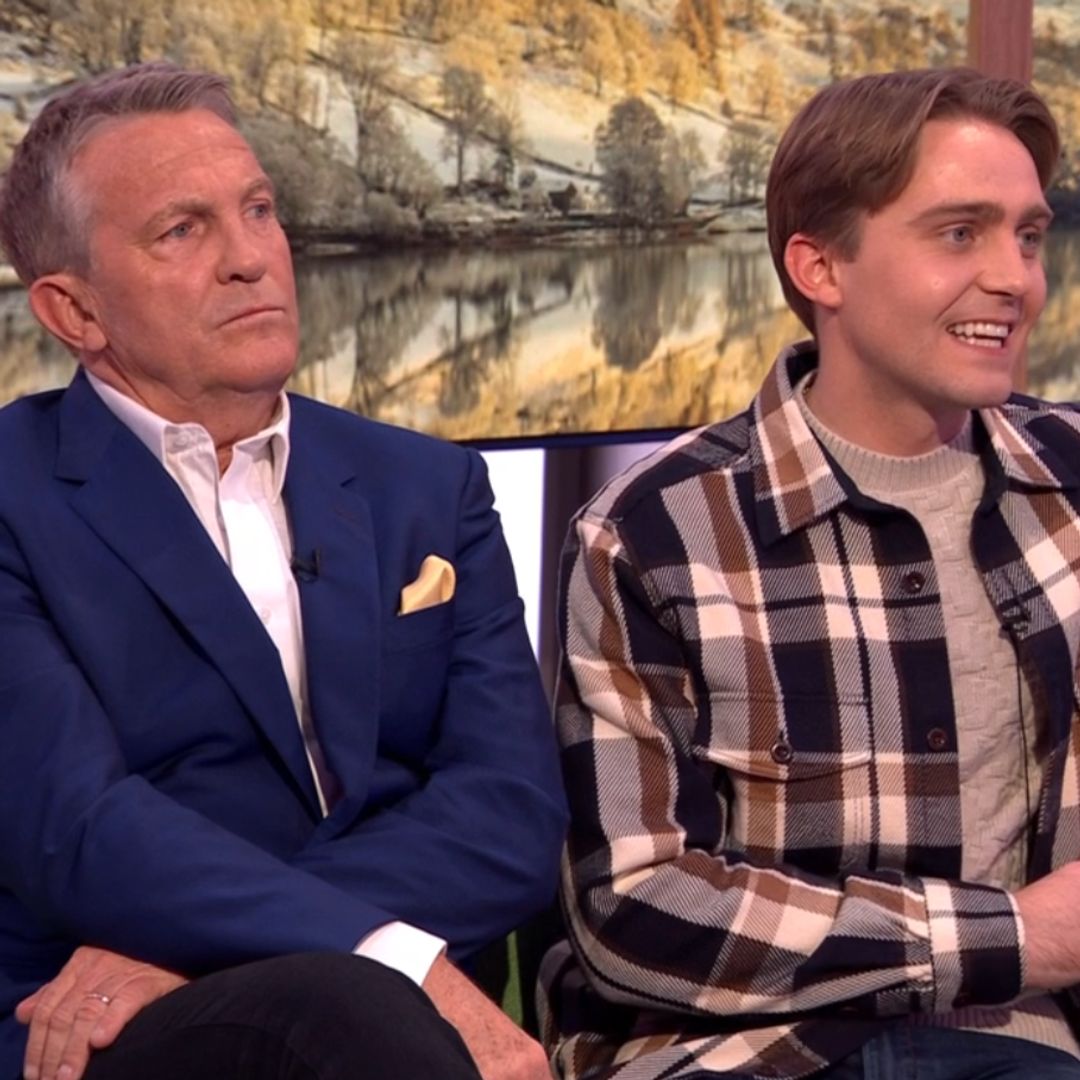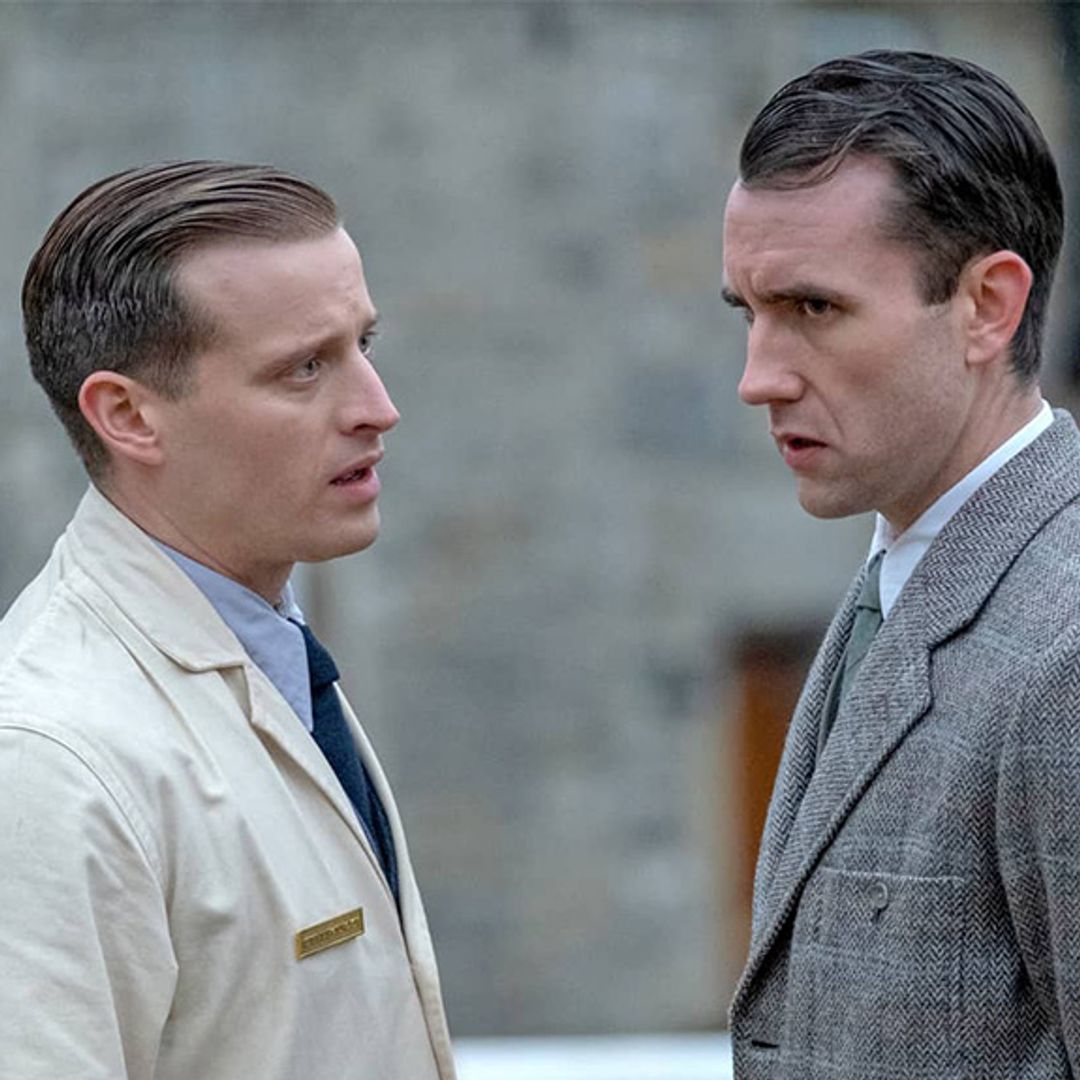Channel 4's new series, The School that Tries to End Racism, is airing on Thursday evening, and will look at a class of year seven pupils and test their unconscious racial bias. During a time where the Black Lives Matter movement is of such vital importance, this seems like an unmissable bit of television. Here's everything you need to know...What is The School that Tried to End Racism about?
READ: Netflix has made 2 shows available for free for very important reason
Channel 4's synopsis for their upcoming new show reads: "Led by leading Multicultural Education academics and scientists, pupils will take part in games, exercises and activities, both in and out of the classroom, that will challenge everything they thought they knew about race.
"Based in a London comprehensive school and spread across three weeks, a multicultural class of 24 Year 7 students will partake in a series of eye-opening activities as part of their normal school day. Taught by their regular teachers, the pupils will be observed by a team of experts through each stage of the experiment."
READ: Fleur East shares pride in her natural hair and Black Lives Matter movement
Speaking about the upcoming show, the Creative Director and Executive Producer of production company Proper Content, David DeHaney, said: "Gripping, shocking and funny in equal measure, the kids really throw themselves in and attempt to tackle issues adults wouldn’t dare."
Where can you watch The School that Tried to End Racism?
The two-part series will premiere on Channel 4 on Thursday at 9pm, and will conclude on Thursday 2 July at the same time. Watch a clip of the important new show here:
WATCH: The School that Tried to End Racism clip
What the experts say about The School that Tried to End Racism
Speaking about the importance of a series that raises awareness of unconscious racial bias from a young age, social psychologist Professor Rhiannon Turner said "tests have revealed that children as young as six are aware of racial differences but, as a society, we do not talk about them and often take a colour-blind approach to race. Is our failure to discuss race part of the problem? This ground-breaking experiment will look at if it is possible to eradicate bias".
